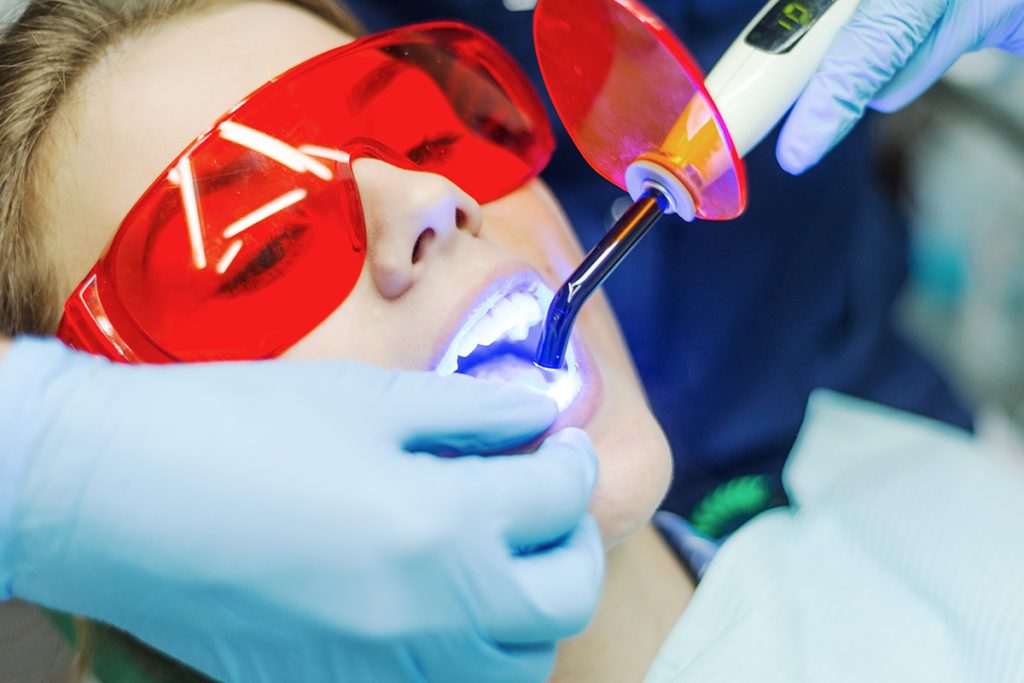Oral Surgery

Oral surgery is a specialized field of dentistry that involves various surgical procedures to treat complex dental issues that cannot be addressed through conventional treatments. These procedures are necessary when a patient has severe dental problems that require a more advanced approach, such as tooth extractions, dental implant placements, or corrective jaw surgeries. Oral surgery plays a crucial role in addressing issues that impact oral health, function, and aesthetics, offering patients effective solutions for restoring their smile and dental well-being.
The goal of oral surgery is to provide long-term solutions for dental issues that could lead to further complications if left untreated. For instance, impacted wisdom teeth or severely decayed teeth may need to be extracted to prevent infection or further damage to the surrounding teeth. Similarly, oral surgery may be required to correct jaw alignment issues or place dental implants for replacing missing teeth. Each procedure is tailored to the patient’s specific needs, with the objective of improving overall oral health, restoring function, and enhancing the appearance of the smile.
Oral Surgery Services
Tooth Extractions
Tooth extractions are commonly performed in cases where a tooth is severely decayed, infected, or impacted, and cannot be restored through fillings or crowns. This procedure is often necessary for wisdom teeth that are impacted, causing pain or complications. After the extraction, appropriate care is provided to ensure proper healing and avoid complications such as infection. Depending on the complexity of the extraction, it can be done under local anesthesia or sedation to ensure patient comfort throughout the procedure.
Dental Implant Placement
Dental implant surgery is a sophisticated procedure used to replace missing or severely damaged teeth. The process involves the placement of a titanium post into the jawbone to act as a new tooth root. Once the implant integrates with the bone, a custom-made crown or bridge is attached to restore the tooth’s function and appearance. This procedure provides a long-lasting, stable, and natural-looking solution for tooth loss, improving both aesthetics and oral health. In some cases, bone grafting may be necessary to ensure sufficient bone volume for implant placement.
Corrective Jaw Surgery
Corrective jaw surgery, or orthognathic surgery, is performed to correct misaligned jaws that affect biting, chewing, speaking, and overall facial aesthetics. These issues can arise from congenital defects, trauma, or conditions like temporomandibular joint (TMJ) disorders. By realigning the upper and lower jaw, this surgery improves both function and appearance, ensuring that patients can eat, speak, and breathe more comfortably. It also helps to reduce the risk of long-term dental complications caused by jaw misalignment.
Bone Grafting
Bone grafting is often used in preparation for dental implant placement, particularly in patients who have lost bone mass in their jaw due to tooth loss, gum disease, or other factors. During the procedure, bone material is added to the affected area to rebuild the bone structure and create a stable foundation for implants. Bone grafting can be performed using the patient’s own bone, donor bone, or synthetic materials, depending on the individual’s needs. This procedure helps ensure that implants will integrate properly with the jawbone and function effectively over time.
Cyst and Tumor Removal
Oral cysts and tumors can develop in the jaw or soft tissues of the mouth and may require surgical removal if they are causing discomfort, infection, or damage to surrounding tissues. These conditions can be benign or malignant, and early detection and treatment are crucial to preventing complications. Oral surgeons can perform precise surgical removal of these growths, followed by appropriate treatment and monitoring to ensure complete healing and minimize the risk of recurrence.
Frenectomy
A frenectomy is a surgical procedure to remove or modify the frenulum, a small band of tissue that connects the lips or tongue to the mouth. This surgery is typically performed if the frenulum is too tight or restrictive, leading to issues such as difficulty speaking, eating, or orthodontic problems. Frenectomies are commonly done in cases of tongue-tie or lip-tie, conditions that can affect speech development or cause discomfort during eating and oral hygiene. The procedure is generally quick, with minimal recovery time required.
Oral surgery is an essential aspect of modern dental care, providing effective solutions for complex dental issues that cannot be resolved with standard treatments. Whether it’s tooth extractions, dental implant placements, or corrective jaw surgeries, oral surgery offers a variety of procedures aimed at improving both the function and aesthetics of the smile. By addressing severe dental problems early, patients can avoid long-term complications and enjoy enhanced oral health and comfort. With advancements in surgical techniques and anesthesia, oral surgery has become a safe and reliable option for restoring and maintaining optimal oral health.

Learn more about Dental Implant Club and our mission to connect individuals with top dental implant specialists. Our platform aims to provide valuable resources and help you find the best care for your dental needs.
Quick Links
Contact Information
Dental Implant Club Address: 10971 N Blaney Ave, Cupertino, CA 95014
